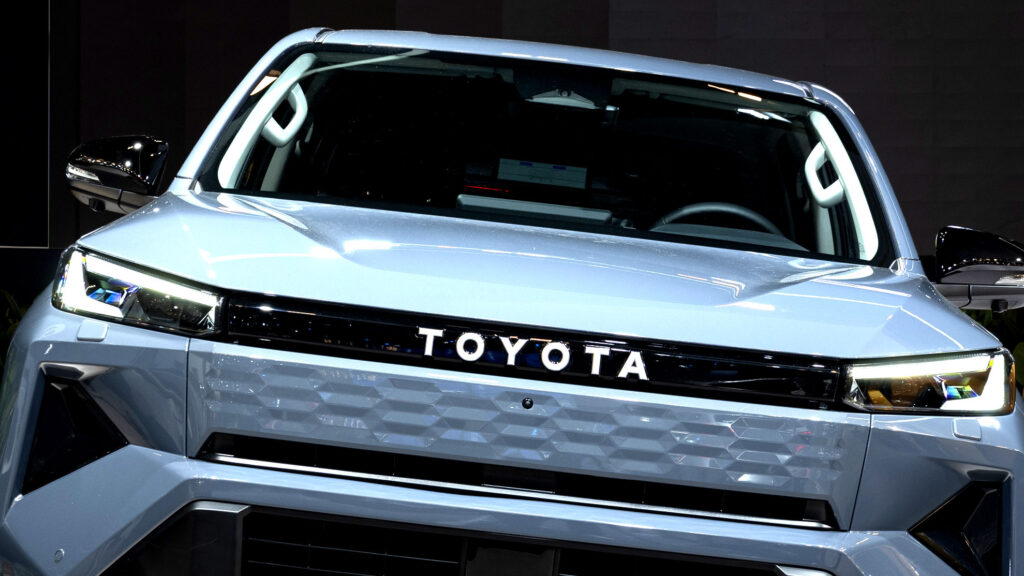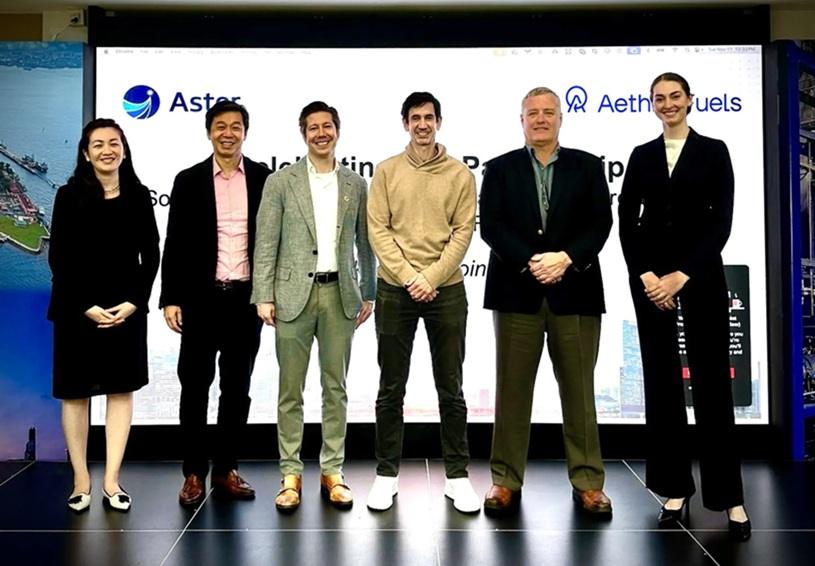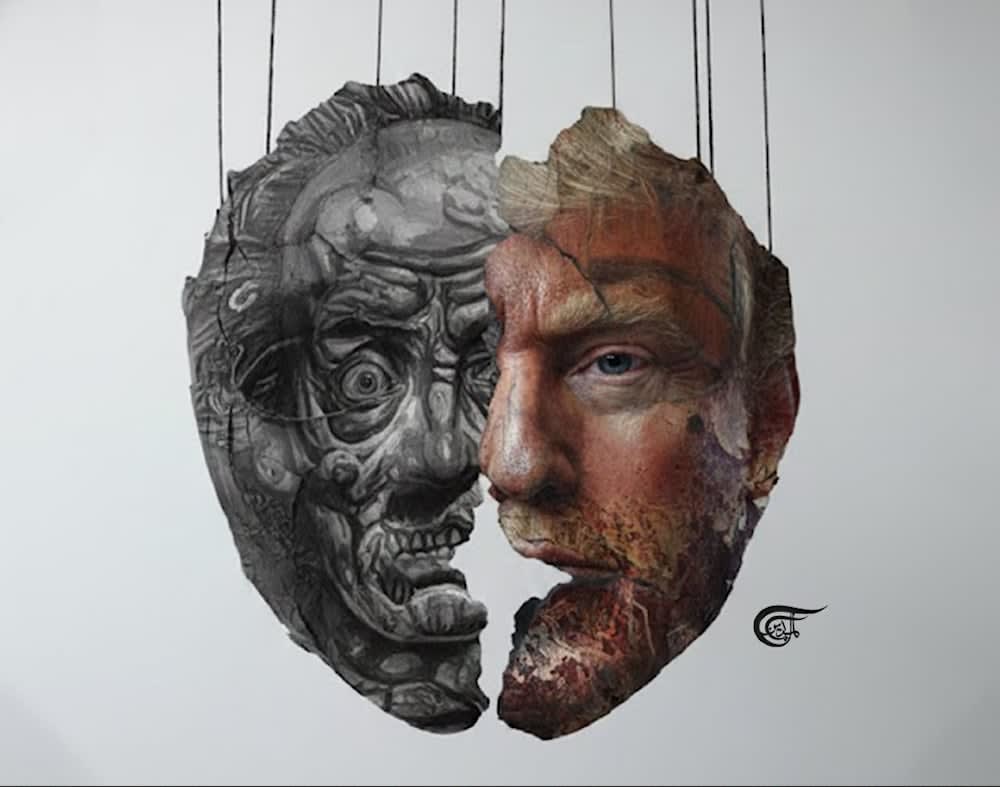The current surge in new car sales, particularly in the electric vehicle (EV) sector, is a double-edged sword for the automotive industry. With projections indicating that over 4 million new vehicles will be sold in the third quarter, driven largely by consumers rushing to take advantage of expiring tax credits, the market appears robust. However, this spike occurs amidst economic uncertainty, characterized by rising inflation and an increasing unemployment rate, which have prompted the Federal Reserve to lower interest rates. While this has not deterred buyers, the impending expiration of the clean vehicle tax credit raises concerns about the sustainability of this sales boom, suggesting that the market may soon face a significant downturn.
The anticipated "EV hangover" following the tax credit expiration could lead to a sharp decline in sales, as consumers pivot towards more affordable gas and hybrid vehicles. Automakers, including GM, are already bracing for this shift, with expectations of reduced EV sales in the coming months. Key players like Toyota and Hyundai are projected to see gains, while Stellantis may experience a slight decline. The implications of this sales fluctuation extend beyond immediate revenue; they signal a potential recalibration of consumer preferences and production strategies within the industry. As automakers adjust to these market dynamics, the long-term viability of the current sales momentum remains in question.









